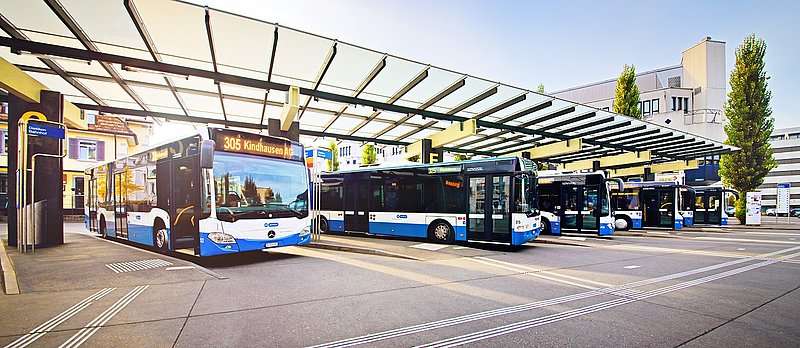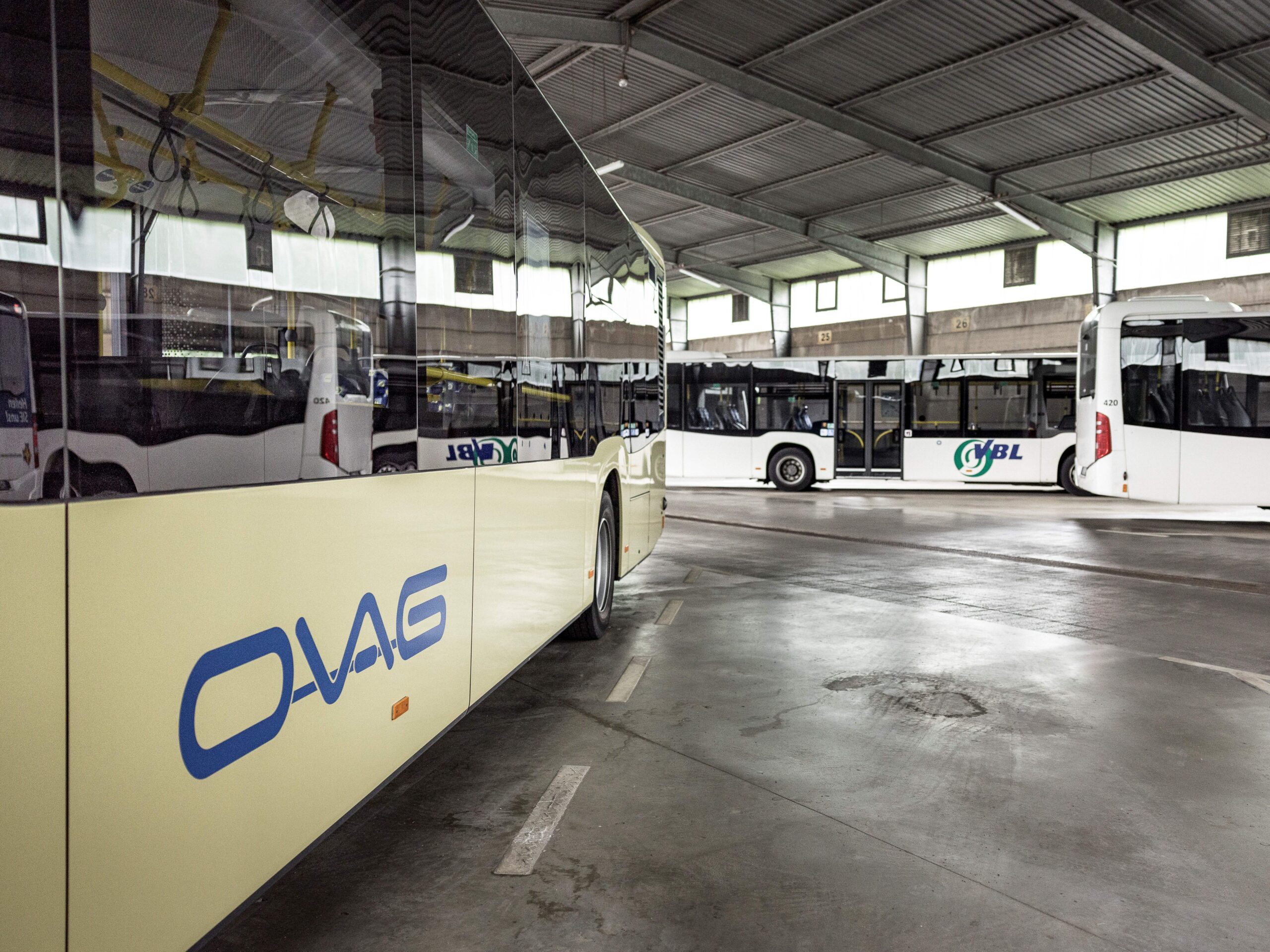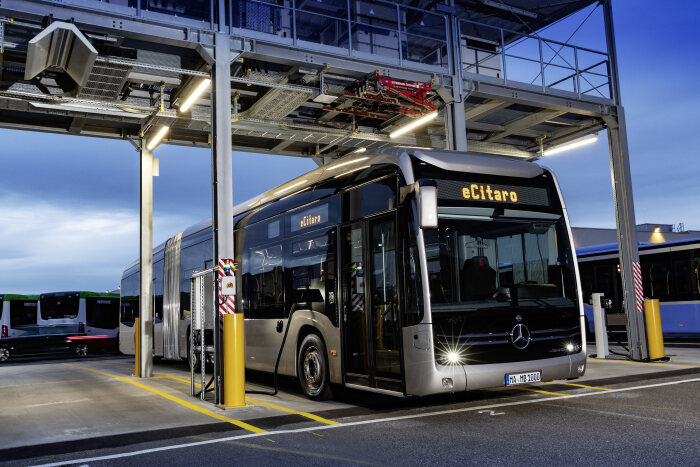Verkehrsbetriebe Zürich (VBZ) Relies On PSI Depot Management System
- End-to-end digital workflow improves vehicle availability and operation
Verkehrsbetriebe Zürich (VBZ) has commissioned PSI Transcom GmbH to implement the depot management system PSItraffic/DMS. In the future, the new system will monitor and control around 240 buses and 260 streetcars in a total of eight garages and depots across all operations. In addition, almost all processes will be digitized and automated with the DMS.
The depot management system will prepare the vehicles for daily operation and schedule them for their respective blocks. Thus, it will optimize the block assignment so that the workshop is utilized to capacity, the refueling and cleaning intervals are carried out as planned and required, and the idle and shunting times and thus the risks of vehicle defects are minimized. The scheduling kernel used for this purpose is based on PSI’s own Qualicision optimization software, which finds a solution within seconds based on the operational constraints.

The contract also includes equipping the depots and vehicles with tracking components.
The new system will establish an end-to-end digital workflow from the time vehicles enter the depots, through supply and repair up to parking. This will improve vehicle availability and increase the effectiveness and efficiency of operations and workshops. The system will also automatically support the more complex dispatching of the e-bus charging process in the future.
Along with Swiss Federal Railways (SBB), Verkehrsbetriebe Zürich (VBZ) is the largest provider of transport services in the Zurich Transport Network (ZVV). The company operates the majority of local public transport in the city and surrounding areas.
The PSI Group develops its own software products for optimizing the flow of energy and materials for utilities (energy grids, energy trading, public transport) and industry (metals production, automotive, mechanical engineering, logistics). PSI was founded in 1969 and employs more than 2,000 people worldwide.
This article was originally published by PSI Transcom.











